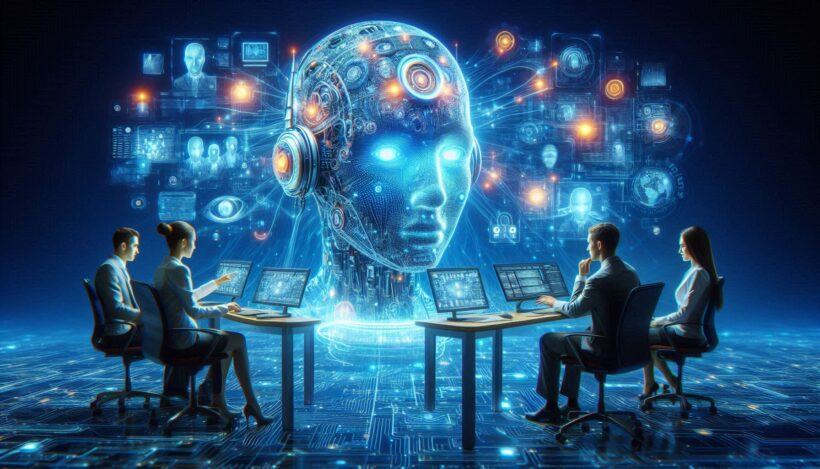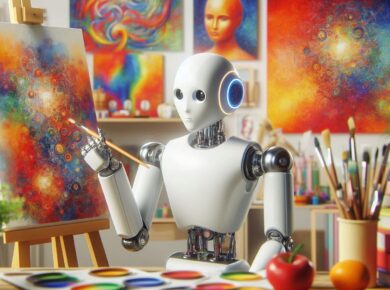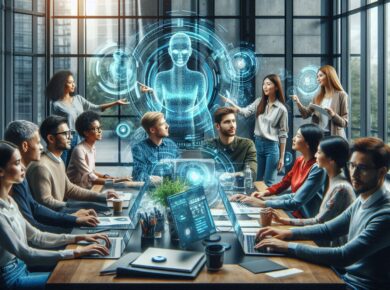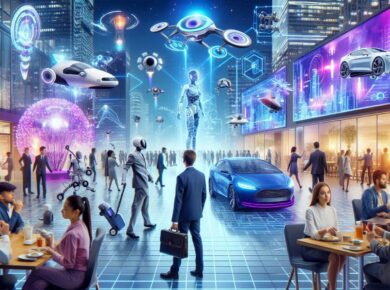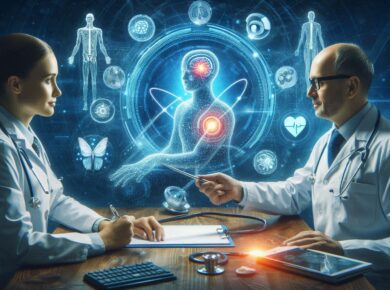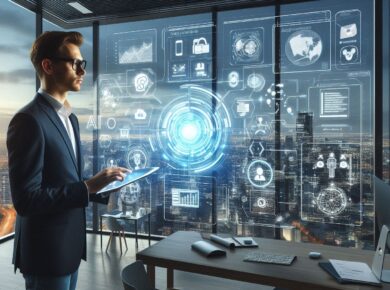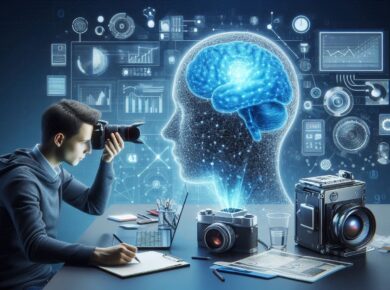Table of Contents
Artificial Intelligence (AI) is no longer just a concept found in science fiction; it is a tangible force that is reshaping the world around us. From the way we communicate to how we work and even the products we use, AI is deeply embedded in our lives. This article explores the myriad ways in which AI is transforming our everyday experiences, enhancing efficiency, and driving innovation across various sectors.
What is Artificial Intelligence?
Artificial Intelligence refers to the development of computer systems that can perform tasks typically requiring human intelligence. These tasks include problem-solving, decision-making, language understanding, and visual perception. AI encompasses various technologies, including machine learning, natural language processing, and robotics.
Key Components of AI
- Machine Learning:
A subset of AI that enables systems to learn and improve from experience without being explicitly programmed. Machine learning algorithms analyze data, recognize patterns, and make predictions or decisions based on that data. - Natural Language Processing (NLP):
NLP allows machines to understand and interpret human language, making it possible for AI systems to engage in conversations, translate languages, and analyze sentiment in text. - Computer Vision:
This technology enables machines to interpret and make decisions based on visual data. Applications range from facial recognition to medical imaging, where AI assists in diagnosing diseases from images.
The Impact of AI on Daily Life
AI is seamlessly integrated into our daily routines, enhancing convenience and efficiency in various aspects of life:
1. Smart Assistants
Smart assistants like Siri, Google Assistant, and Alexa have become household staples. They utilize AI to understand voice commands, answer questions, manage schedules, and control smart home devices, making daily tasks more manageable.
2. Personalized Recommendations
AI algorithms analyze user behavior to provide personalized content and product recommendations. Platforms like Netflix, Spotify, and Amazon use AI to suggest movies, music, and products tailored to individual preferences, enhancing user experiences.
3. Enhanced Communication
AI-driven chatbots and messaging apps streamline communication in customer service. These systems can handle inquiries, resolve issues, and provide information 24/7, improving customer satisfaction while reducing the workload on human agents.
4. Health and Wellness
AI is revolutionizing healthcare through predictive analytics, personalized medicine, and telehealth services. AI systems analyze patient data to predict health risks, recommend treatment plans, and even assist in surgeries, leading to better health outcomes.
5. Transportation
The rise of autonomous vehicles is one of the most exciting applications of AI in transportation. Self-driving cars utilize AI to navigate and make real-time decisions, potentially reducing accidents and improving traffic flow.
AI in Business
In the business world, AI is driving significant changes in operations, decision-making, and customer engagement:
1. Automation of Routine Tasks
AI automates repetitive tasks, allowing employees to focus on more strategic initiatives. From data entry to invoice processing, automation enhances productivity and reduces human error.
2. Data Analysis and Insights
AI-powered analytics tools can process vast amounts of data quickly, uncovering insights that inform business strategies. Companies can leverage these insights to identify trends, understand customer preferences, and make data-driven decisions.
3. Enhanced Marketing Strategies
AI enables businesses to create targeted marketing campaigns by analyzing consumer behavior and preferences. This results in more effective advertising and improved customer engagement, driving sales and brand loyalty.
4. Supply Chain Optimization
AI technologies optimize supply chain operations by predicting demand, managing inventory, and improving logistics. This leads to cost savings and increased efficiency throughout the supply chain.
The Future of AI
As AI technology continues to evolve, its potential applications are virtually limitless. Future advancements may include:
1. More Advanced Personalization
AI could further refine personalized experiences by integrating emotional intelligence, allowing systems to respond to users’ feelings and preferences more intuitively.
2. Improved Healthcare Solutions
AI may lead to breakthroughs in personalized medicine, with treatments tailored to individual genetic profiles and predictive analytics enhancing preventive care.
3. Smarter Cities
AI can contribute to the development of smart cities, where data from various sources (traffic, weather, energy usage) is analyzed to improve urban living conditions, optimize resources, and enhance public services.
4. Ethical AI Development
As AI becomes more pervasive, ethical considerations will become increasingly important. Efforts to ensure fairness, transparency, and accountability in AI systems will be crucial in addressing concerns about bias and privacy.
Conclusion
Artificial Intelligence is profoundly transforming our lives, shaping how we interact with technology, each other, and the world around us. From improving healthcare to enhancing everyday tasks and business operations, AI’s influence is far-reaching. As we embrace this technology, it is essential to address the ethical implications and strive for responsible AI development that benefits society as a whole. The future holds immense potential for AI, and its ongoing evolution will undoubtedly continue to shape our lives in ways we can only begin to imagine.
